The report reveals that among the most dominant segment traveller segment in the region – business travellers – around one third said they will be travelling less as a result of the pandemic.
Considerable change can be expected among both business and leisure travel and shopping behaviour in Asia Pacific due to the Coronavirus pandemic, according to m1nd-set. The findings revealed in the latest shopper behaviour report from the leading industry consumer insights research agency, point to a certain reluctance to resume international air travel among travellers in the region.
The report reveals that among the most dominant segment traveller segment in the region – business travellers – around one third said they will be travelling less as a result of the pandemic. This is considerably higher than the global average (25%), m1nd-set reports. The main concern among Asia Pacific business travellers were around health and safety. On a more positive note, only four out of ten business travellers expressed concerns about flying internationally again, while 60% were quite excited about the prospect of resuming travel. m1nd-set also underlines the fact that Asia Pacific travellers are more likely than the global average to resume travel within the first 6 months after travel bans are lifted (25% vs 21% globally).
Business travellers from across the region were near unanimous about the need for stringent health and safety controls when travel resumes, such as masks and other personal protective equipment (PPE) as well as health screenings. More than half of business travellers said they would request to limit their travel if the appropriate safety measures were not in place.
Destinations and travel type will inevitably change in the post-Covid era. Around three quarters of all Asia Pacific travellers said they will travel either domestically or on short-haul trips only when next flying while only one in four would be willing to travel long-haul. The group travel business model, which was notoriously popular among Chinese travellers in particular pre-Covid, will inevitably have to evolve as more than 60% of travellers from the region said they would not consider this type of travel option for the foreseeable future. Small group travel with less than ten people will emerge as the most popular form.
In terms of behaviour at the airport and with regards to shopping, the m1nd-set Asia Pacific report demonstrates that a significant majority claim they will change their overall behaviour at the airport (82% vs a global average of 78%). Travellers from the region will also be more likely than global travellers to spend more time on their mobile phone, tablet or laptop while waiting at the airport (37% vs 32%), stay longer in the airline lounges (27% vs 22%) and spend more time in the food and beverage area (21% vs 17%). Interaction with staff in the stores among Asia Pacific travellers will continue in the post-pandemic era, albeit taking precautions, such as wearing a mask and respecting social-distancing guidelines. In terms of their behaviour in-store, a significant majority of Asia Pacific travellers say they will continue to test and try products (80%), which is in line with the global trend.
The importance expressed among Asia Pacific travellers on health and safety when next travelling, as the report reveals, is a call to action, according to m1nd-set, to invest in a more digitalised and contactless retail experience for travellers in Asia Pacific.
Peter Mohn, CEO & Owner at m1nd-set explains: “Consumers across the region are now, more than ever before, becoming more accustomed to contactless technology. We see a notable shift towards contactless services in airports, from biometric boarding in Beijing to contactless check-in in Singapore. Scanning QR codes, a phenomenon that has become natural and accepted among consumers as a result of the pandemic, provides the perfect opportunity for brands, retailers and even airports to engage with customers so they can receive all product or service information directly on their phone, without having to touch a screen that many other passengers have touched” Mohn continued.
The report concludes with detailed insights into the unique benefits of the QR Code technology as a means to target specific traveller segments and boost conversion. According to the report, special offers can be tailored to the nationality based on the language of the phone, enabling retailers to provide the bargain-hunter shopper profiles such as Indian travellers, with special discounts, while offering other nationalities which prefer the gift-with-purchase alternative incentives that will be more effective in triggering the purchase.
Mohn concludes: “Transactions after scanning a QR code can be conducted entirely from the customer’s mobile, allowing for a click-and-collect service for customers who are unwilling or uneasy about spending time in the store. The click-and-collect model enables shoppers to either browse online and purchase in-store or browse in-store and purchase online without having to engage with the cashier and pick-up in-store, or even opt for home-delivery if the retailer offers the service.”
Theodore is the Co-Founder and Managing Editor of TravelDailyNews Media Network; his responsibilities include business development and planning for TravelDailyNews long-term opportunities.
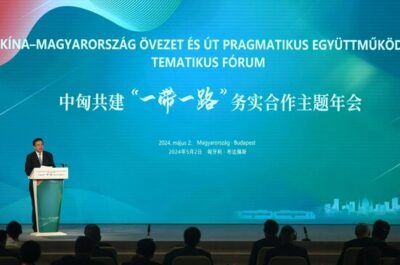
































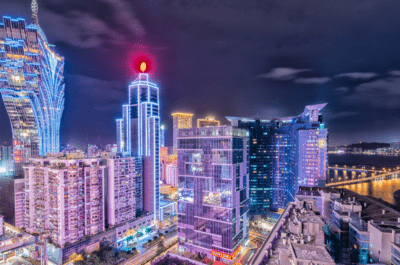
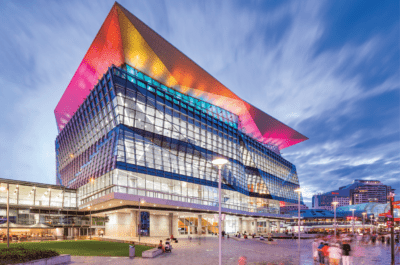



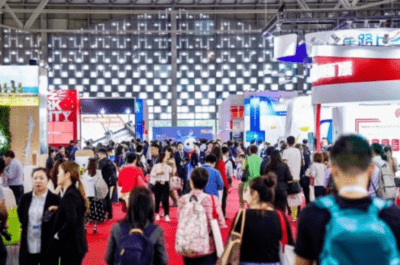

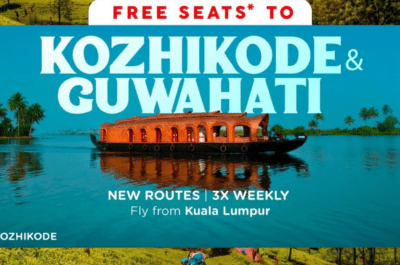
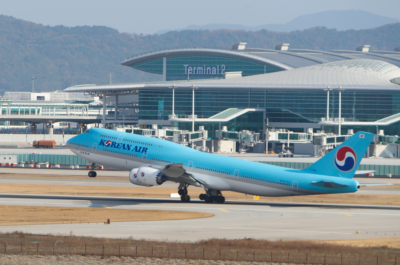















![[PR] PR_Ascott and Vimut Hospital_2024](https://www.traveldailynews.asia/wp-content/uploads/2024/04/PR-PR_Ascott-and-Vimut-Hospital_2024-400x265.jpg)







